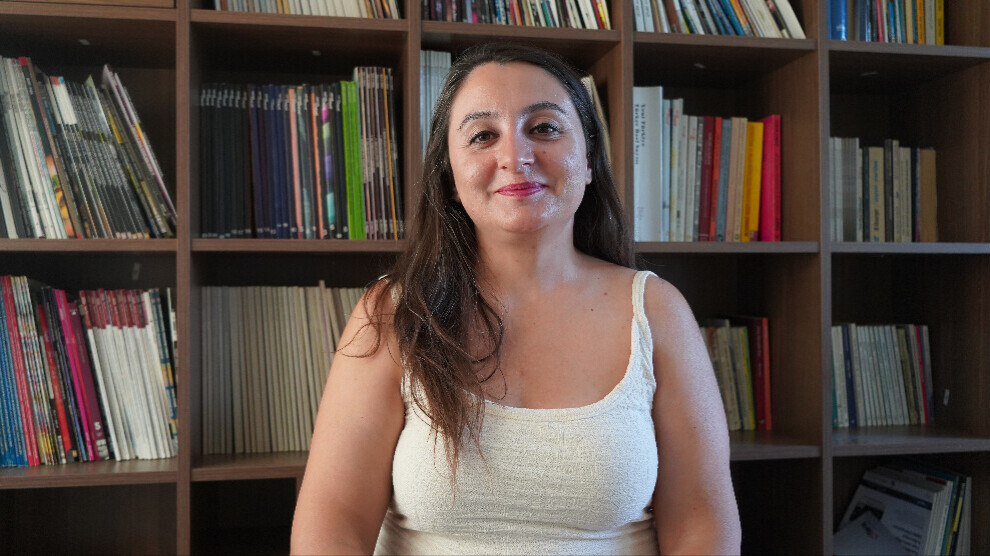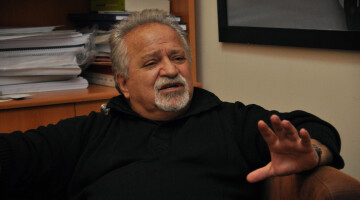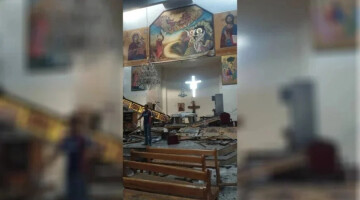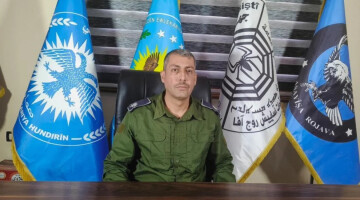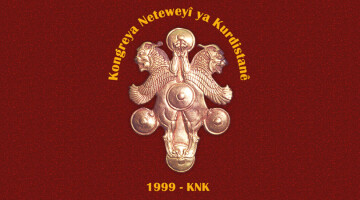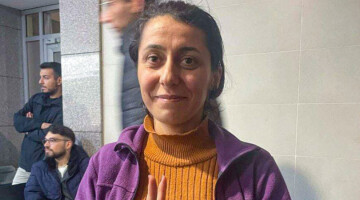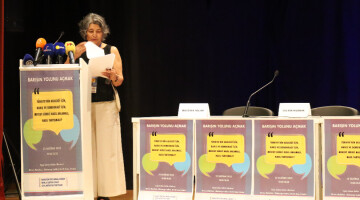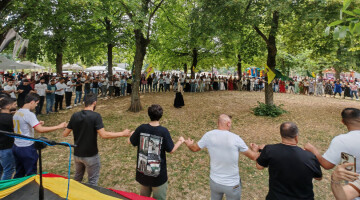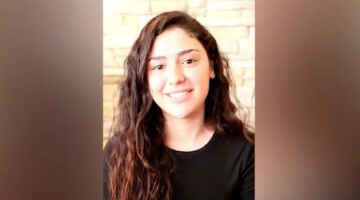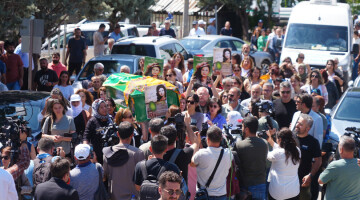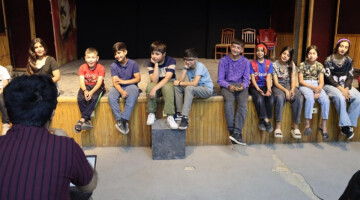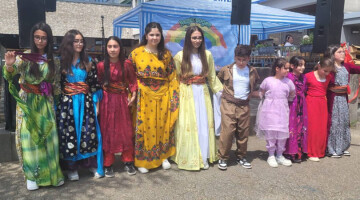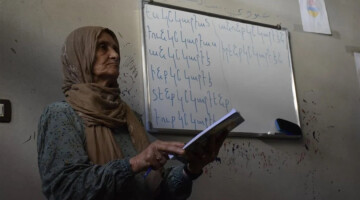Following Abdullah Öcalan’s 'Call for Peace and a Democratic Society' and the PKK’s decision to "dissolve," a new chapter has opened regarding the resolution of the Kurdish question and democratization in Turkey. One of the key demands being discussed in the context of peace and resolution is education in the mother tongue.
Eğitim-Sen Amed Branch No. 2 co-chair Duygu Özbay spoke to ANF about the demand for education in the mother tongue.
"All structures must be reorganized"
Özbay emphasized that for the past 200 years, there has been significant destruction in the Middle East under the Europe-centered nation-state system: "The nation-state system is not compatible with the historical dialectic of the Middle East. This incompatibility, along with the refusal of peoples and communities to accept such a system, is what continues to damage the region. The peoples are making this very clear through their resistance to dictators. The way they resist and build spaces for life proves that they do not accept the nation-state mindset rooted in Europe."
She highlighted that the Middle East is currently experiencing an intensifying third world war and added: "We are aware that hegemonic powers aim to redesign the Middle East. Peoples in Palestine, Lebanon, Syria, and now Iran are facing serious threats. This is not a war of the peoples, it is a power struggle waged by hegemonic forces. In Turkey, we demand concrete steps for a peace transition process and for permanent peace to be established. Although one side insists on peace and takes steps, the other side has yet to act or make statements."
Özbay underlined the need for structural reforms: "We know that constitutional changes are at the heart of many shifts. All structures that produce violence and inequality — including public institutions — must undergo reform. Peace is not merely the absence of war; it also requires the reorganization of all mechanisms that create social injustice and conflict. A system that is inclusive, pluralistic, egalitarian, multicultural, and multilingual must be established. Within this framework, the right to education in the mother tongue becomes crucial."
She noted that Turkey’s current education system is not pluralistic but uniform: "We have always opposed the ‘one nation, one religion, one belief’ approach embedded in the curriculum. We know that children are uncomfortable and alienated by a system they dislike. The curriculum itself generates inequality. Therefore, the right to education in one's mother tongue must be recognized, not only for the Kurdish people but for all peoples living in Turkey."
"Legal Reforms Are Necessary"
Discussing international examples, Özbay continued: "Looking at global experiences, we see that the right to education in the mother tongue strengthens social peace. In South Africa, for example, the 1996 constitution recognized 11 official languages, which reinforced the sense of belonging among communities. This created a balanced system where one language does not dominate others, contributing to lasting peace through education."
She also mentioned Rwanda: "Phrases like ‘us’ and ‘them’ were removed from the curriculum to create a more peaceful education system. Children learn to empathize with one another through this model."
She concluded that education systems can either create conflict or promote peace, empathy, respect, and coexistence, and added: "There is a strong need to reform the current education model, and we constantly call for new policies to this end. The right to education in the mother tongue is not just a pedagogical issue. In the case of Northern Ireland, it was also part of a broader struggle for identity and independence. Education in the mother tongue plays a key role in building social peace and resolving not only the Kurdish issue but also other societal issues."
"We Are in a Peace Transition Process"
Emphasizing the importance of legal reforms, Özbay concluded: "We are in a transition toward peace. Permanent steps must be taken jointly by the government and representatives of the people. The state must now implement policies that show it is sincere about this process, rather than just talking about it. This begins with correcting all structures that produce inequality. Creating an egalitarian curriculum is not difficult, concrete steps must be taken immediately. This is the demand of the Kurdish people. When the Kurdish question is resolved, the issues of other peoples will be resolved as well."

